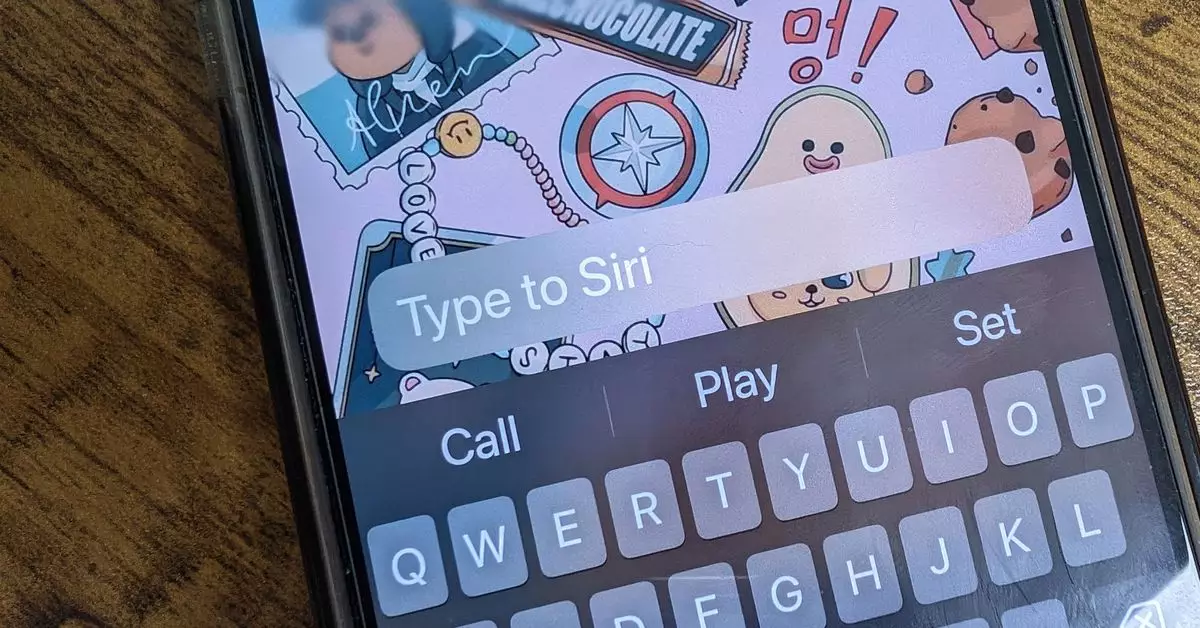In a world where AI assistants like Siri, Alexa, and Google Assistant have become ubiquitous, there is an ongoing debate about the best way to interact with these virtual companions. While traditional voice commands have been the norm, recent developments suggest that typing to AI assistants may offer a more practical and comfortable alternative.
The recent announcement from Apple at WWDC about iOS 18 allowing users to type to Siri instead of speaking marks a significant shift in the way we interact with AI assistants. This move acknowledges the potential discomfort and privacy concerns many users have when talking to their devices in public settings.
The use of voice commands in public can be daunting for many people, as it draws attention to the user and poses a risk of misinterpretation in noisy environments. The self-consciousness and lack of trust associated with voice assistants can make users hesitant to rely on them outside the confines of their homes.
Typing to AI assistants provides a greater degree of privacy and control over interactions with the device. It allows users to keep their queries and commands confidential, especially when dealing with sensitive information or performing tasks in public settings where privacy is paramount.
While voice commands may be necessary in certain situations, such as driving or when hands-free operation is critical, the option to type to AI assistants offers a more versatile and adaptable way to engage with the technology. By giving users multiple methods of interaction, AI assistants can better accommodate different preferences and needs.
As technology continues to evolve, there may come a time when conversing with AI assistants in public is no longer considered strange or intrusive. Until then, the ability to type to Siri and other assistants provides a practical and user-friendly alternative for those who prefer a more discreet and private interaction.
The shift towards typing to AI assistants instead of speaking represents a positive step towards making these technologies more accessible and user-friendly. By addressing the privacy concerns and social stigmas associated with voice commands, this approach allows users to interact with their devices in a way that suits their needs and preferences. As we continue to navigate the complexities of technology in our daily lives, the ability to type to AI assistants offers a valuable solution for those seeking a more discreet and comfortable interaction.


Leave a Reply